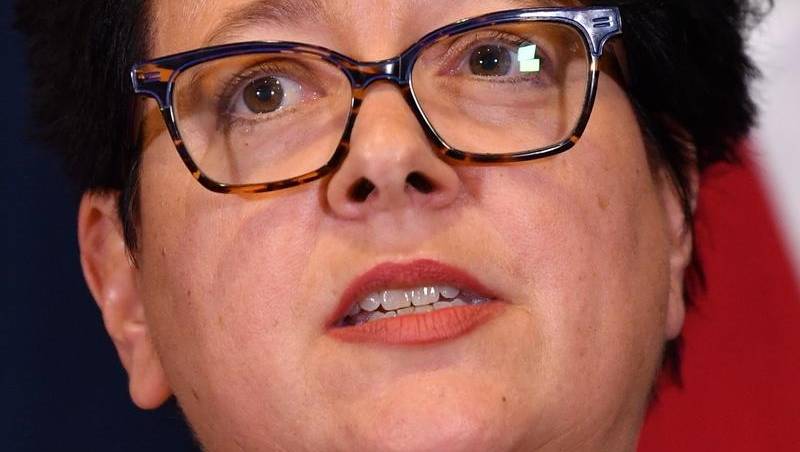
Debate is set to continue on amendments to a bill decriminalising abortion in NSW, after a contentious move to ban sex-selective abortions was rejected in a late-night upper house session.
Upper house members voted 15 in favour of the amendment to 26 against on Wednesday night, preventing its passage.
The amendment, moved by Finance Minister Damien Tudehope, sought to ban terminations in which medical practitioners know, or ought reasonably to know, it’s being performed for sex selection.
It had attached a maximum six-month prison sentence for the offence.
Labor MLC and bill co-sponsor Penny Sharpe, who opposed the amendment, said there was a worldwide problem regarding sex-selective abortions but no evidence it was taking place in NSW.
Ms Sharpe cited a 2011 World Health Organisation report that found society-wide gender equity campaigns were the most effective tool to combat sex-selective abortion, adding bans “really don’t work”.
She said she was wary of any amendments that sought to place parliament between a woman seeking a termination and her doctor.
“The appropriate way forward is what’s already there,” Ms Sharpe said.
Earlier on Wednesday the upper house passed an amendment stating doctors must provide appropriate care to babies born alive after a termination.
Nationals MP Niall Blair, who introduced the amendment, said he was disappointed MPs had to codify what already existed.
He said current obligations “unquestionably” required health practitioners to treat any newborn unless it was futile, and if it was, palliative care was given.
“Many in society think that whatever is being said in this area is actually true, that there would be doctors who would allow a child that had been born just to lay there and suffer,” Mr Blair said.
In its current form, the bill would allow terminations up to 22 weeks as well as later abortions if two doctors agree.
The upper house, since it resumed debate on Tuesday, previously voted down an amendment seeking to move the trigger for further medical oversight on abortions from 22 weeks’ gestation to 20.
But the upper house agreed to an amendment moved by Liberal MP Taylor Martin to change the name of the laws from the Reproductive Health Care Reform Act 2019 to the Abortion Law Reform Act 2019.
The chamber also agreed to another amendment by Mr Blair seeking to clarify doctors’ obligations to get informed consent in circumstances where a woman lacks capacity to give it.
Australian Associated Press
